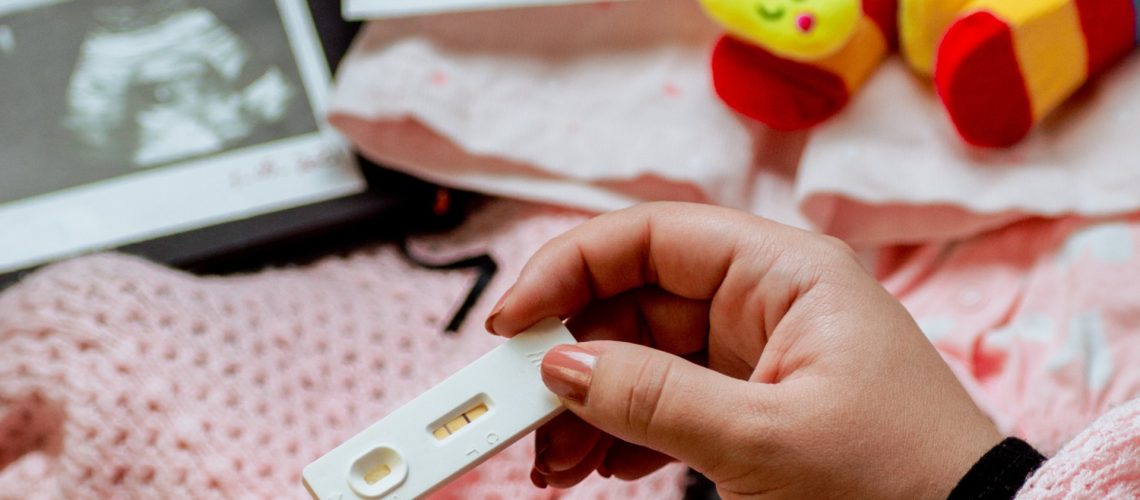Trying to conceive can be an exciting and emotional time in a person’s life. Whether you are just starting or have been trying for a while, there are certain things you should know that can increase your chances of conceiving. Here, let’s unpack some important things to remember when trying to conceive.
Understanding Conception
There are a few requirements to be in place for planned conception to occur. First, a mature egg must be released during the once-a-cycle process of ovulation. You also need good cervical mucus, which makes it possible for sperm that land in the vagina during sex to not only live, but also move up the vagina and through the cervix to the Fallopian tube, where fertilization happens.
The catch is that good quality cervical mucus—also known as “egg white cervical mucus” (EWCM) because it resembles egg whites—is generally only produced during the woman’s fertile window or the time of her cycle when she can conceive. According to Dr. Martin Owen, a family physician specializing in reproductive health issues, “peak fertile mucus is one of the most reliable signs of ovulation and is typically observed between 24 and 48 hours before ovulation.”
Most of the time, a woman’s fertile window starts 3–5 days before ovulation and ends 1–2 days after ovulation. Given these considerations, a woman’s fertile window can last up to 7 days per menstrual cycle if counting begins with the appearance of EWCM 3-5 days before ovulation and ends 48 hours later (although, depending on your unique cycle, it can last longer or shorter than that).
Understand Your Menstrual Cycle
Pregnancy cannot occur outside of your fertile window. Contrary to popular belief, the number of days per cycle that a woman can conceive is actually very limited, especially if her cycles are long or irregular. It is essential to understand your menstrual cycle when trying to conceive. The menstrual cycle is the monthly hormonal cycle that prepares the body for pregnancy.
A typical menstrual cycle lasts between 28 and 32 days, with ovulation occurring around day 14. Ovulation is when an egg is released from the ovary, and it is the most fertile time in a woman’s cycle. Knowing your menstrual cycle can help you figure out when you are most likely to get pregnant. This is called your “fertile window.”
Track Your Ovulation
Tracking your ovulation is a crucial step when trying to conceive. There are several ways to track ovulation, including ovulation predictor kits (OPKs), basal body temperature (BBT) tracking, and cervical mucus monitoring. OPKs are a convenient and reliable way to track ovulation, as they detect the surge of luteinizing hormone (LH) that occurs before ovulation.
BBT tracking involves taking your temperature every morning before getting out of bed, and a rise in temperature indicates ovulation. Cervical mucus monitoring involves paying attention to changes in the texture and quantity of cervical mucus throughout your cycle.
Have Sex Regularly
Having sex regularly during your fertile window is essential when trying to conceive. The fertile window typically lasts between 3 and 5 days, with the highest chance of conception occurring on the day of ovulation and the days leading up to it. It is recommended to have sex every 1-2 days during your fertile window to increase your chances of conceiving.
Maintain a Healthy Lifestyle
Maintaining a healthy lifestyle is crucial when trying to conceive. This includes eating a healthy diet, exercising regularly, and managing stress. A healthy diet should include a variety of fruits, vegetables, whole grains, lean proteins, and healthy fats. Regular exercise can improve fertility by reducing stress and maintaining a healthy weight. Stress can make it hard to get pregnant, so it’s important to find ways to deal with it, like meditation, yoga, or therapy.
Seek Medical Advice
If you have been trying to conceive for more than a year without success, it may be time to seek medical advice. There are several medical conditions that can affect fertility, such as polycystic ovary syndrome (PCOS) and endometriosis. A doctor can help diagnose and treat these conditions and provide guidance on fertility treatments such as intrauterine insemination (IUI) or in vitro fertilization (IVF).
Take Prenatal Vitamins
Taking prenatal vitamins is essential when trying to conceive. Prenatal vitamins contain folic acid, which is important for fetal development and can reduce the risk of birth defects. Other important nutrients found in prenatal vitamins include iron, calcium, and vitamin D.
Sources: National Centre for Biotechnology Information, Natural Womanhood, National Library of Medicine, Biomed Central









